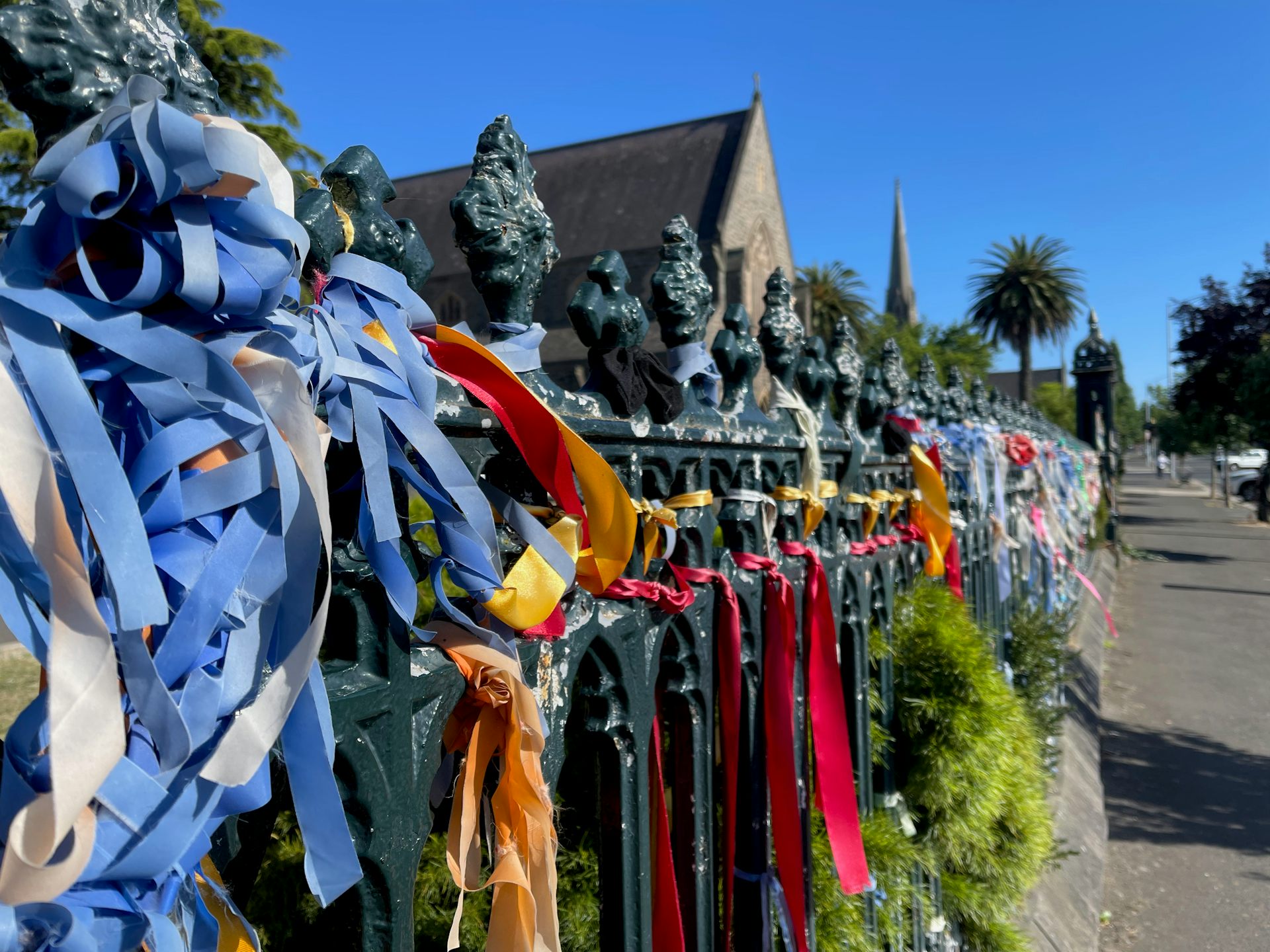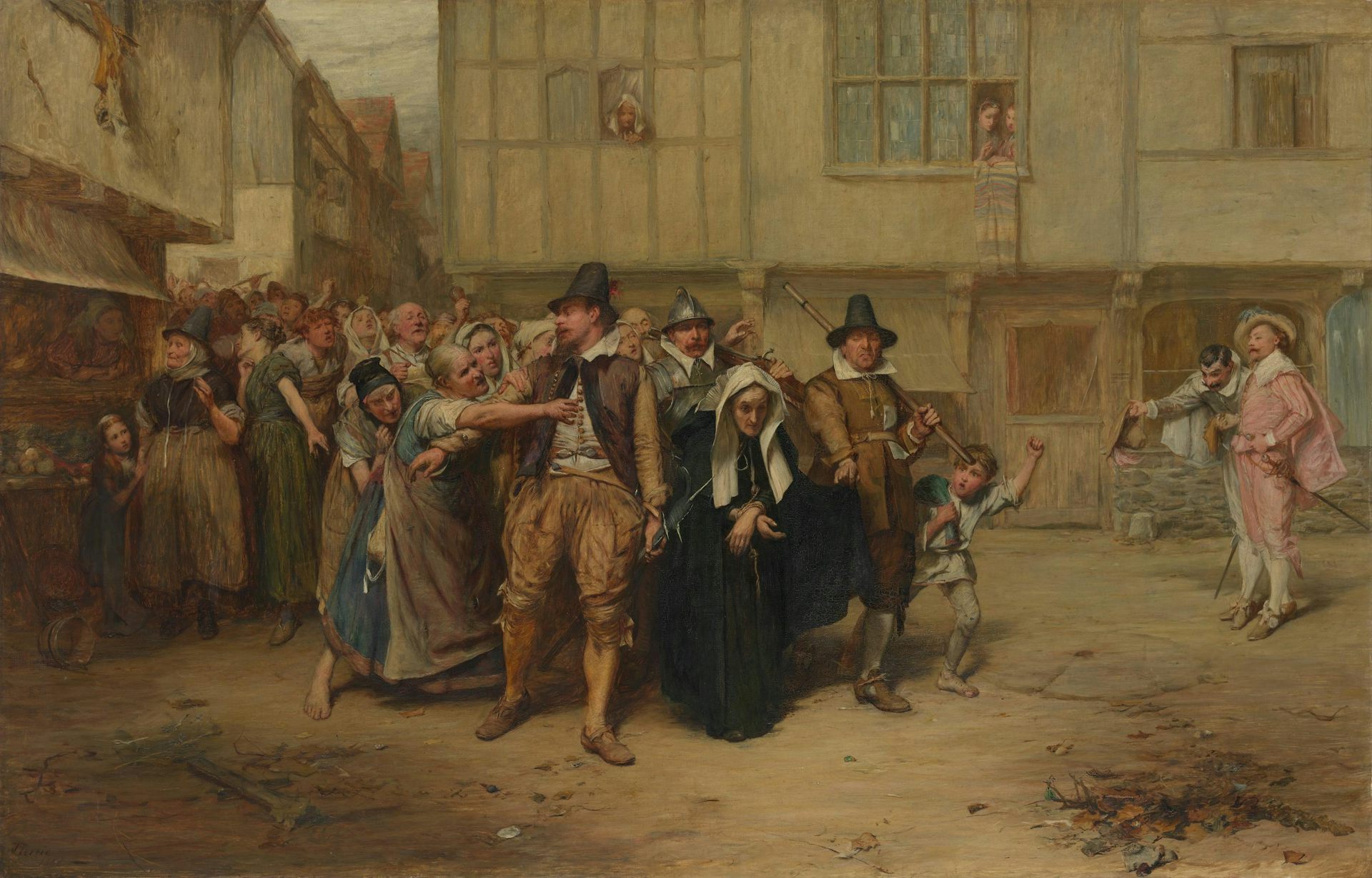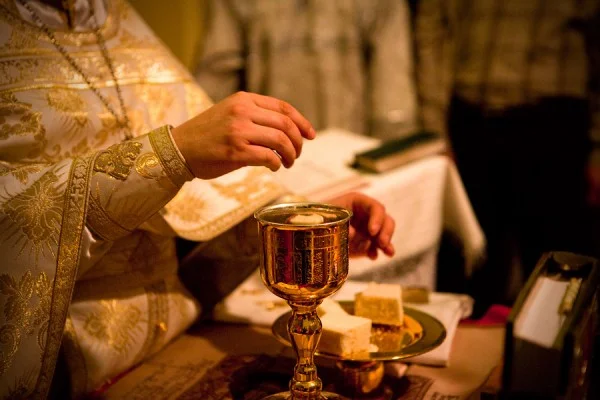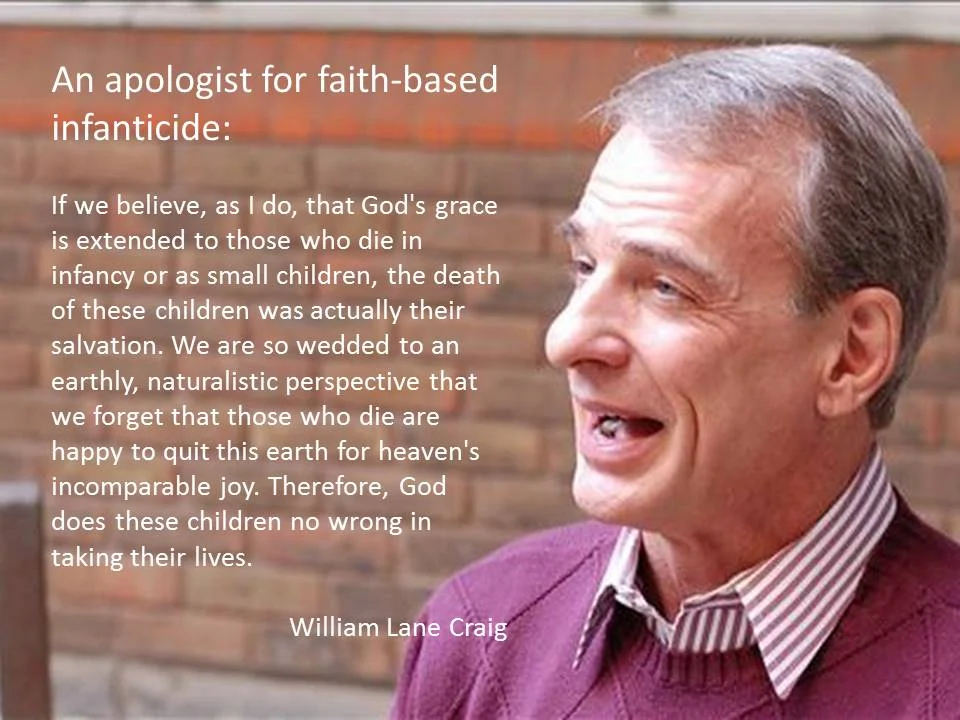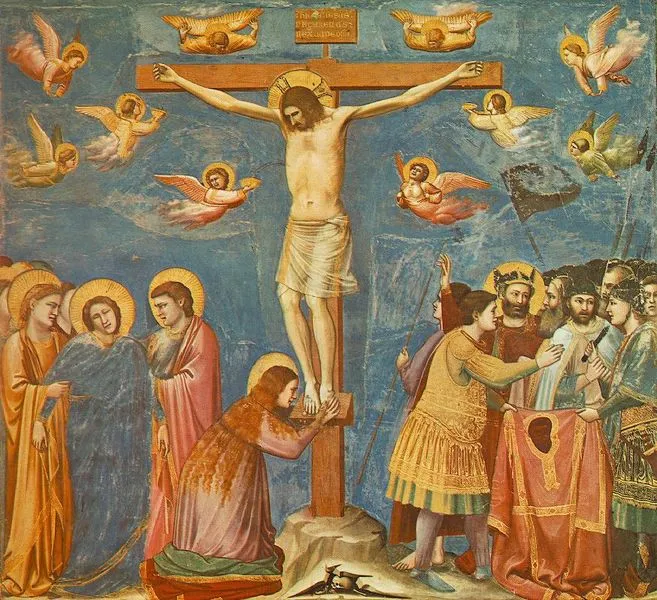Crisis of faith: why Australian women have so little trust in religious institutions
Attempts to give legal protection to religious people to practice their religion without fear of discrimination in Australia have run up against a predictable problem - Christians demanding the right to victimise, exclude and bully LGBTQ+ people and claiming it as their right under the anti-discrimination law.
We had a similar problem in UK some years ago when the ECHR was incorporated into UK law as the Human Rights Act, which, amongst other things, gave people the protection to practice their religion, free from discrimination as a basic human right. It also gave people freedom from discrimination on the grounds of gender or sexual orientation.
The two rights quickly came into conflict when Christians began demanding the right to carry on their tradition of bullying, victimizing and excluding gays, or denying them goods and services, on the grounds that denying them that right, deprived them of their privileged right to deprive other people of their human rights and decide to whom the law of the land applied.
This was clarified by the European Court which ruled that freedom from discrimination did not include the freedom to discriminate against others of your choosing on the grounds that your religion entitled you to do so. Human right applied to all and did not grant special privileges or exemptions to any group, no matter how entitled they felt to them.
Nevertheless, the argument rumbles on and Christian extremists are still lobbying for changes to the Human Rights Act or its abolition, to restore their right to bully and victimise minorities of their choice and decide who is entitled to what in society. The same bigots would react with outraged indignation if Muslims were demanding the right to impose Sharia on society or Jewish groups were lobbying for the right to impose Halakhah on the rest of us
In Australia, where this issue has recently emerged, it has done so against a growing distrust for organized religion, at least partly because of their record of bullying and discrimination against the LGBTQ+ community, and also because of the recent child sex-abuse scandals that have engulfed the Christian churches in Australia. It is these routine abuses of children and their subsequent cover ups by church authorities who often acted to facilitate them, that has probably cost the churches the trust of, especially, women in Australia.
A recent report found one in three Australian women had no trust at all in organised religion, a figure which rose to one in two for women between the ages of 18-29. Even one in ten religious women had no trust at all in organized religion and two in three LGBTQ+ women have no trust at all in organized religions.
The fact that so many Australian women are concerned about the treatment of LGBTQ+ by organized religion illustrates how far Australian cultural ethics have moved on, leaving Medieval Christian ethics struggling to keep up and faced with the familiar old dilemma of abandoning the old dogmas (and so in the eyes of purists, ceasing to be the religion they recognise) but retaining the support of the more enlightened elements in society or retaining their 'purity' and so keeping the die-hards but losing popular support in the process. Their problem is exacerbated by the fact that, as more and more moderate and progressive members leave in despair at the bigotry of the purists, so the purists become a larger proportion of the remaining members, and so the more powerful voices within the churches.
This quickly sets up the exponential declines we have seen in Europe, especially recently in Ireland and Spain where the decline in the power and influence of the Catholic Church has been in freefall since the child sexual abuse scandals broke and the Church tried to maintain its opposition to basic human rights such as same-sex marriages, family planning services and a woman's right to choose.
Incidentally, this illustrates how society doesn't get its morals from God and the church; they evolve as society evolves and the churches act as a break on progress trying to hold society back in order to retain control and its 'entitled' privileges. The Christian churches are anchored in the past and try to keep society there too. Eventually, religion is left so far behind that it becomes an irrelevance to the majority of the population. History shows this is the eventual fate of all religions and will be that of Christianity too.
This catastrophic decline in Australia, from the point of view of the churches, is illustrated in this chart which shows how net trust (i.e., the balance of those who trust the churches minus those who don't, fell from +3% in 1991 to -49% in 2018.

Gleeson, K. & Ashton, L. (2024). Trust in Religion among Women in Australia: A Quantitative Analysis. https://doi.org/10.60836/5jz3-t630

Crisis of faith: why Australian women have so little trust in religious institutions
Shutterstock
Kate Gleeson, Macquarie University and Luke Ashton, University of Technology Sydney
The Albanese government is weighing up the costs of delivering an election promise to protect religious people from discrimination in Commonwealth law. Such protections were relatively uncontroversial when included in state anti-discrimination laws. However, the religious discrimination debate became toxic under former prime minister Scott Morrison when it became tied to the rights of religious schools to discriminate against LGBTIQ+ staff and students.
Prime Minister Anthony Albanese has said the government has draft legislation ready to go. However, it won’t introduce it without bipartisan support because, “now is not the time to have a divisive debate, especially with the rise in antisemitism and Islamophobia”.
Religious discrimination might not be addressed by the Australian parliament any time soon. Albanese must first persuade Opposition Leader Peter Dutton to support legislation to protect both religious people and LGBTIQ+ staff and students at religious schools.
Second, he will need to contend with an electorate that appears, at best, ambivalent about the problem of religious discrimination, while maintaining strong concerns about discrimination against LGBTIQ+ groups.
Trust in organised religion is low
Our new research report, Trust in Religion among Women in Australia, highlights some electoral realities relevant to legislating to protect religion in Australia today. The report analyses data from the nationally representative Australian Cooperative Election Survey, taken from May 2–18 2022. We surveyed 1,044 voters, of whom 531 were women. While we analysed the data for both men and women, we found that women are significantly more likely than men to express distrust in religion, and so our report focussed on them.
Our findings present a bleak picture for religious organisations hoping to gain political traction based on trust in their ability to act ethically and responsibly.
When compared internationally, Australians – particularly women – have very low trust in organised religion. This gendered outcome makes Australia an outlier in the Western world and is likely related to women’s concerns for children in the care of religious organisations. Key findings include:
- about one-third of Australian women have no trust in organised religion and religious leaders
- distrust is highest among younger women: almost half of all women aged 18-29 have no trust in religious leaders
- among religious women, around 10% have no trust in organised religion and religious leaders, while around half have “not very much trust” in either
- LGBTIQ+ women have some of the lowest levels of trust in Australia. Almost two-thirds have no trust in religious leaders
- Women living in outer regional and remote Australia are significantly more likely to distrust religion than women living in cities and inner regional areas.
Child abuse scandals have eroded trust
Consistent with international studies, our research indicates religious child abuse scandals have greatly affected trust. Australian women are highly sceptical about the capacity of religious leaders to protect the children in their care. In fact, almost half report low, or no, trust.
They also doubt the ability of religious leaders to respond to the findings of the Royal Commission into Institutional Responses to Child Sexual Abuse. Over half report low, or no, trust in this. Concern for children is highest among LGBTIQ+ women, likely reflecting concerns about discrimination against LGBTIQ+ school children, as well as child abuse.
Trust affects how women view the role of religion in the public sphere. We found that about four in five women who have no trust in religion believe religious organisations should no longer be granted tax-exempt status by the government. Around two-thirds of this group also believe the government should stop funding religious schools.
Similarly, two-thirds of women with no trust in religion think religious organisations should play a smaller role, or no role at all, in counselling in schools. Around 60% of this group also think religious organisations should play a smaller role, or no role at all, in primary and high school education.
Can trust be regained?
The report concludes that organised religion is facing a profound crisis of trust, particularly among women. Concerns for children are paramount in shaping women’s opinions about religious organisations and the services they offer. The high level of distrust among younger women suggests the crisis is generational and cannot be corrected without dedicated interventions on the part of religious organisations and governments.
If left unchecked, this crisis has the potential to undermine the social and economic fabric of Australia, given the prominence of religious organisations in the provision of education, healthcare, and social services.
Religious organisations must work to establish or regain the trust of the electorate, especially among regional and remote communities. The current national emergency of violence against women perhaps provides one opportunity for religious organisations to build this trust. This is especially so given the pivotal role they now play in the outsourced domestic violence services sector, which was once community-run.
Politically, this crisis of trust does not bode well for governments seeking support for any legislation that might appear to offer greater protections to organised religion.
In particular, any protections that are perceived to encroach on children’s rights will almost certainly be rejected by those large sections of the Australian electorate reporting low or no trust in religion. Albanese will need to get the balance right.
Kate Gleeson, Associate Professor of Law, Macquarie University and Luke Ashton, Research Assistant, Institute for Public Policy and Governance, University of Technology Sydney
This article is republished from The Conversation under a Creative Commons license. Read the original article.
As religious superstition loses its grip on society, society will either drags it kicking and screaming into the future, or consign it to the dustbin of history along with all the other irrelevant and unwanted religions that failed to keep up, also held back, no doubt by their increasingly internally powerful but externally despised, die-hard fundamentalists and dogmatic purists.
Ten Reasons To Lose Faith: And Why You Are Better Off Without It
This book explains why faith is a fallacy and serves no useful purpose other than providing an excuse for pretending to know things that are unknown. It also explains how losing faith liberates former sufferers from fear, delusion and the control of others, freeing them to see the world in a different light, to recognise the injustices that religions cause and to accept people for who they are, not which group they happened to be born in. A society based on atheist, Humanist principles would be a less divided, more inclusive, more peaceful society and one more appreciative of the one opportunity that life gives us to enjoy and wonder at the world we live in.
Available in Hardcover, Paperback or ebook for Kindle


